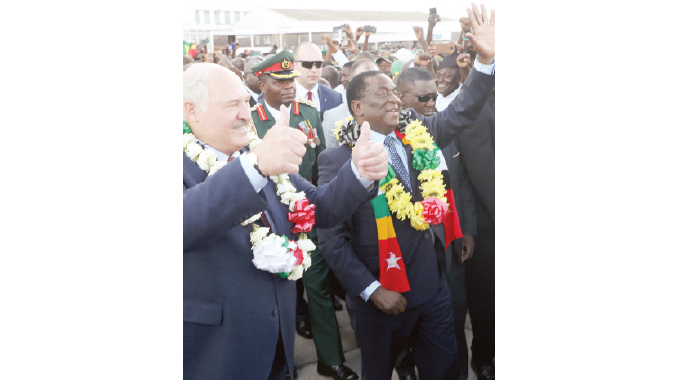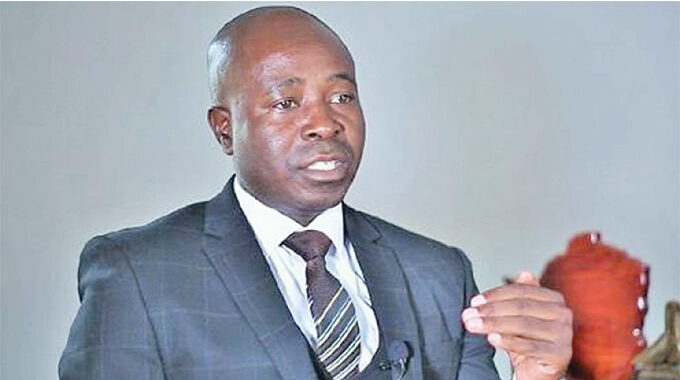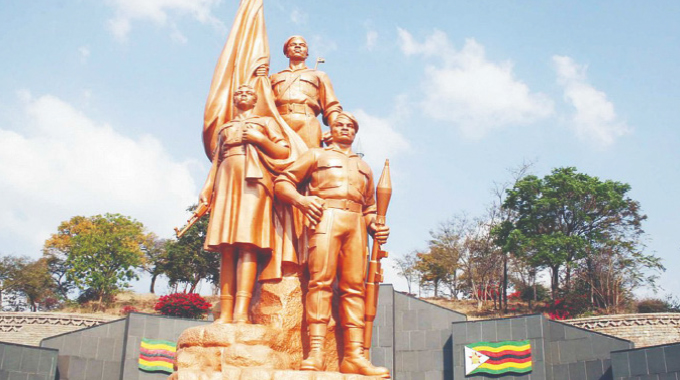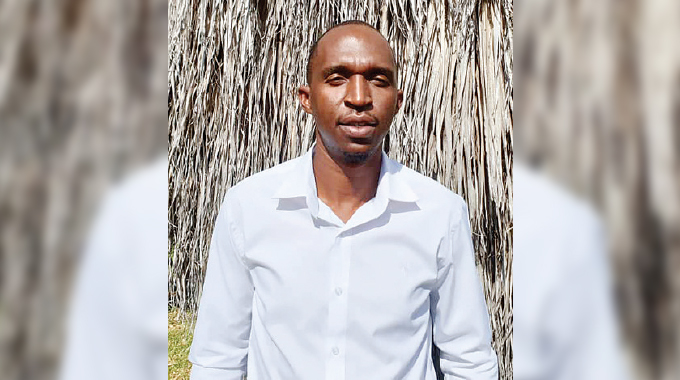Economics of mega churches and prophetic schemes

Marshall Rufura Ndlela, Opinion
AFRICAN spirituality basically concedes that norms, religion, practices and standards inform and define every façade of humanity, human life and culture. It is undoubtedly evident that Africans have a high propensity to believe in any well-orchestrated religion that spiritually uplifts them.
The ancient social ecosystem of Zimbabwean humanity evolved around spirituality, Ubuntu, and cultural orders from the ancient rulers, the likes of Mambo, Monomotapa, Mzilikazi and other tribal leaders. The religious practices were of paramount importance as they were used in various facets of their lives, ranging from rain making, healing, praying and accurate prophecies. The practices were free of charge and provided a spiritual need that could still satisfy the spiritual appetite of the society at large.

A South African preacher made congegants eat grass to be closer to God. (File photo)
The colonial forces that descended on Africa in the 1800s muddled the whole African value chain of humanity and economic system. Africa witnessed a mass inflow of Christian evangelical migrants or colonisers who systematically enforced their religion upon Africans. As the economic system was disoriented, thousands of missionaries in the form of
Roman Catholics, Dutch Reformed, Anglican, Methodist and Lutheran, to mention a few, introduced various social support structures to fill the gouged African spirituality and “civilisation”.
Their perfect competitive missionary worship practices required funding and financing. Indeed, whoever feeds you controls you; that was the new revolutionary order of African societies. In order to advance their cause, schools, hospitals, NGOs, universities and clinics were built at a better service or close to free fees. The result was a concoction of Christian faceted or minded people who always used their doctrine to make any decision ranging from business, economic, political and family wise. To some extent, the system created religious cabals that could and can control an economic sector, government sector or a societal format.
Zimbabwe celebrated its independence from white minority rule in 1980. The economic system to be adopted was of a mixed economy, leaning more towards socialism. The then Government under the late Mr Robert Mugabe, a renowned Catholic, promoted spiritual democracy and independence. This saw either the birth or growth of traditional churches that was an infusion of the traditional and the imported religious practices.
Zimbabwe witnessed the growth of Apostolic sects, Zionist sects and Pentecostal movements and several other Christian pan-traditional churches. These churches came with a significant proportion of controversy ranging from awkward deliverance methods, praying styles, dressing, voodoo, fetish practices, child abuse, human rights abuse etc. Most of them emphasised on the teaching of mosaic laws as a fundamental principle that could bring solutions to all sorts of problems to their members or new members. In business, we say it was an uninsured spiritual insurance policy. The solution to the personal problems of members was compensated by a conditional faith-based prayer.
As the political volcano of 1999 erupted, leading to other political formations applying for sanctions to be imposed against their citizens, Zimbabwe was hit hard in all aspects of life. The signs of macroeconomic illnesses were visibly and globally noticeable. Some pastors preached the gospel of punishment, curses and patience. International spiritual missionaries saw the opportunity to invade the ‘‘poor’’ country. Zimbabwe witnessed the entrance of satellite broadcasting churches, and many others. As if that was not enough, young pastors or followers of these churches started to visit Nigeria, Benin, and Ghana for spiritual anointing or baptism.
With the third industrial revolution, satellite broadcasting, internet and social media was the best platform to spread the gospel of miracles, prophecies, deliverance, healing and “True caller tricks”. Zimbabwe became one of the major producers and exporters of such prophets. The movement of these pastors grew rapidly, became very influential and advanced what I would describe as scams. What is painful is that the poverty of an ordinary Zimbabwean is fundamentally not caused by spirituality but by the economic sanctions, attitude of the Zimbabweans and external forces.
Spiritual Democracy is regarded as putting the ideas of democracy back to where it belongs, as a shining example of the human spirit at work in the evolution of human culture and social architecture. I do applaud African countries for allowing spiritual democracy even with its shortcomings. Mega churches and these prophetic schemes or scams are being offered a heaven on earth democracy at the expense of their followers.
The aggregated revenue collected by all these churches, can surpass the gross receipts of Zimra. They are running a state within a state and not accounting or presenting a church budget to their members, showing them the revenues collected, disbursed and the resulting balance. Most churches are registered as non-profit organisations (NPOs), meaning that they exist to make neither a profit nor loss and they should transparently disclose their incomes to their members, auditor general and surrender the surplus either to the state or to their members.
The Government, as the chief regulator of all economic, social and environmental affairs of the nation, needs an efficient toolkit to be developed, guided by the ethical considerations, fairness, respect of Ubuntu, respect of human rights and respect of financial laws of a country. If left uncorrected, these churches or pastors will pose a serious economic, political and national threat to the security and welfare of the citizens.
We cannot forget that the apartheid and colonial forces used the same pastors and church leaders as an instrument to advance their evil deeds. Each church should have a registered accountant, supply chain manager, church manager and so forth thereby reducing unemployment.
The Government should develop or enforce donations tax, NPOs tax and employee tax to all the church employees and also collect all surpluses for development programs around those churches. The money could be used for construction of streetlights, repairing roads, security costs and schools in those areas where those churches exist.
It is only in America where church founders and pastors of mega churches are sued for tax fraud, laundering and tax evasion. In Zimbabwe, pastors of these mega churches are left hunting all corners of the country with baskets and buckets of unaccounted money collections from the poor masses who are investing all their energies in expecting a miracle to happen.
* Marshall Rufura Ndlela is a scholar, researcher and an economic and financial expert based in South Africa. He holds a Master’s Degree in Finance and Accounting from the University of Chichester, England. He can be contacted on [email protected].












Comments